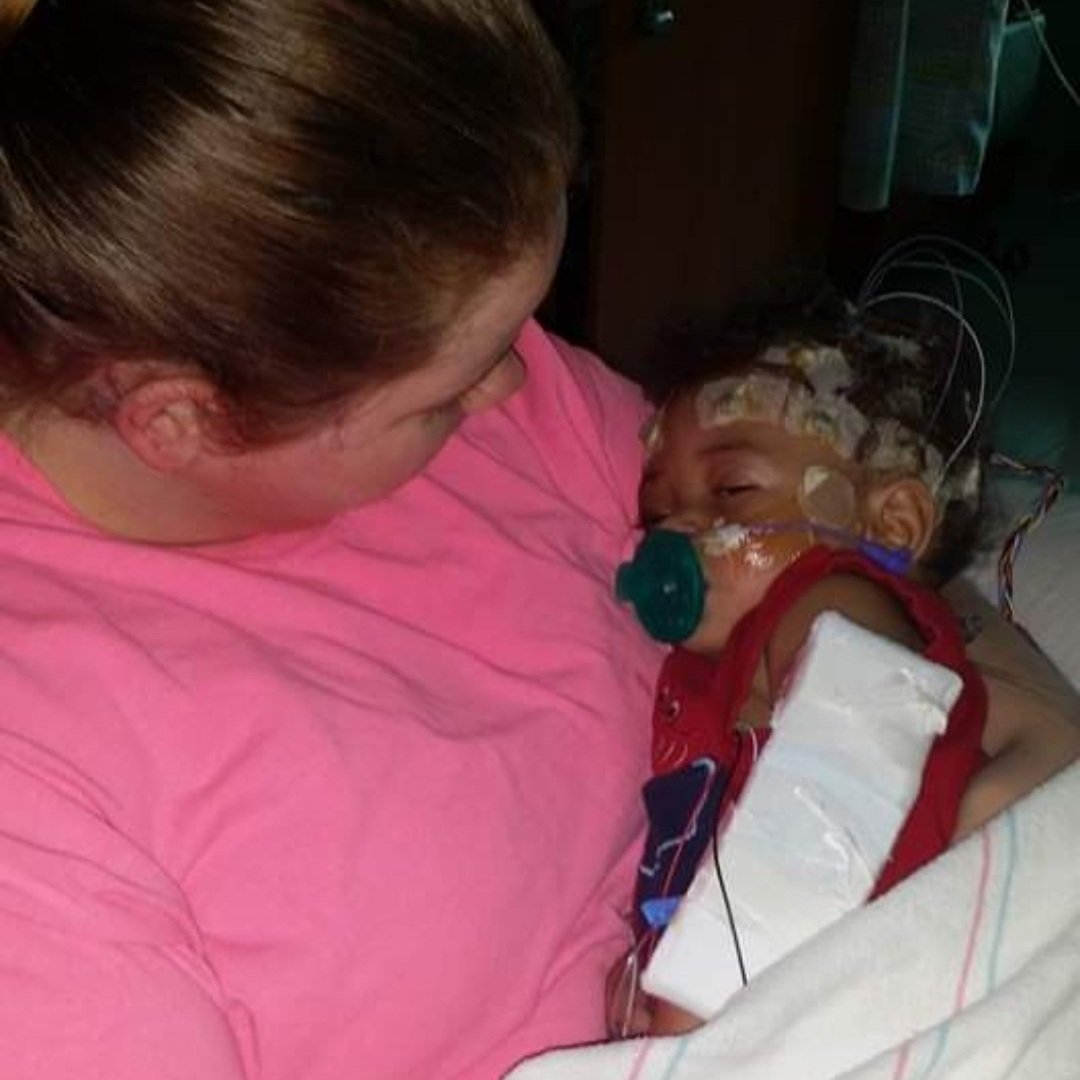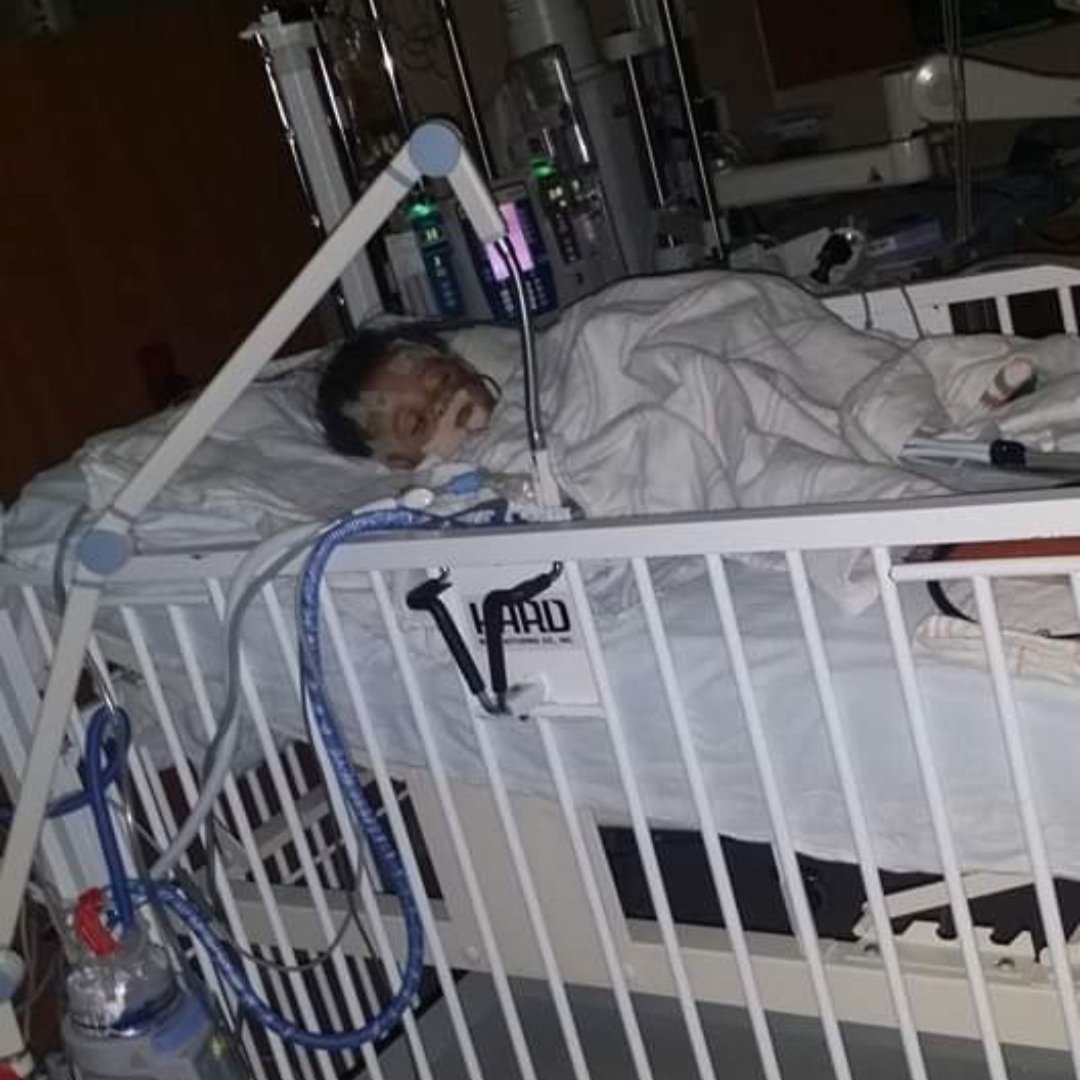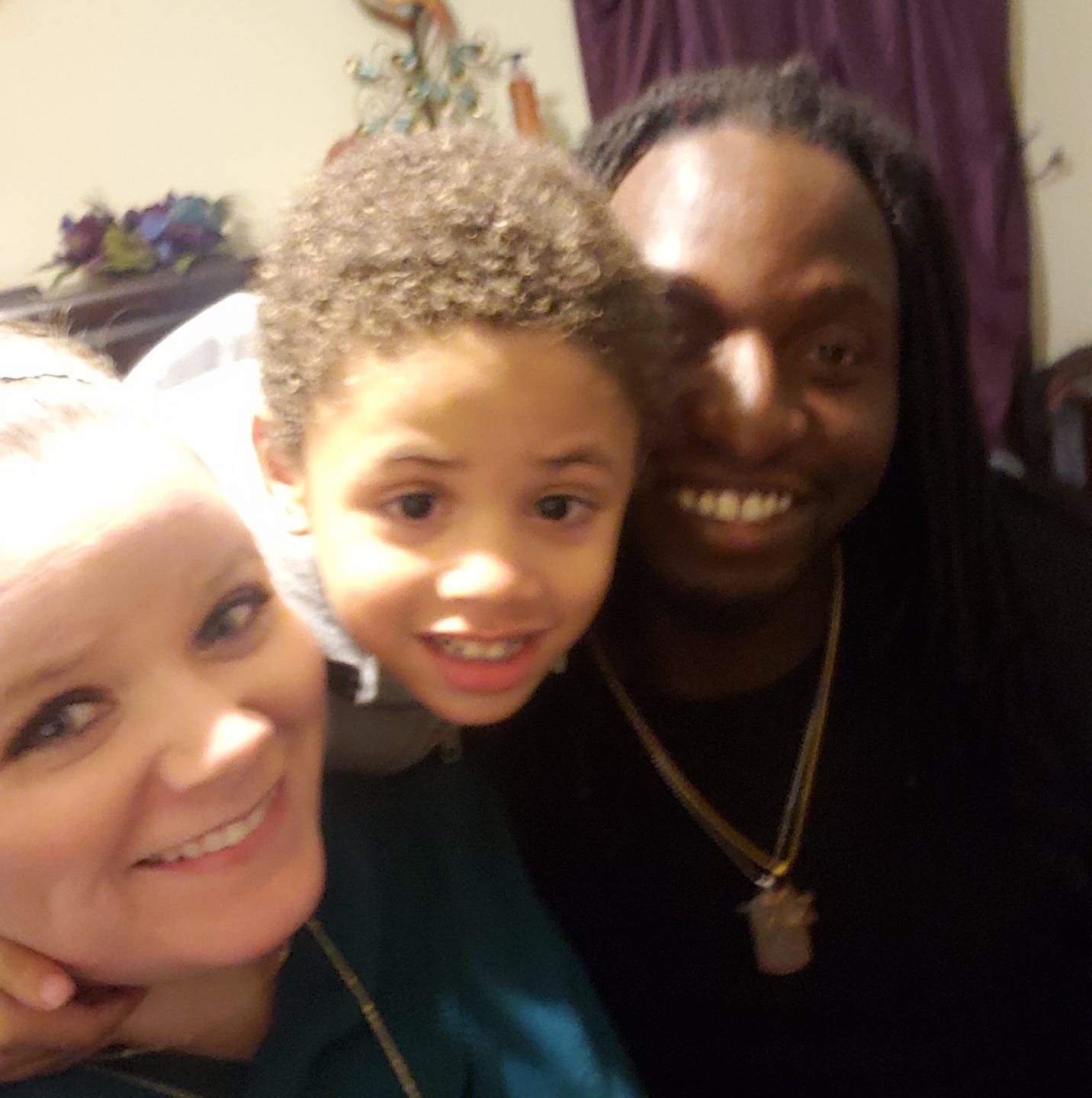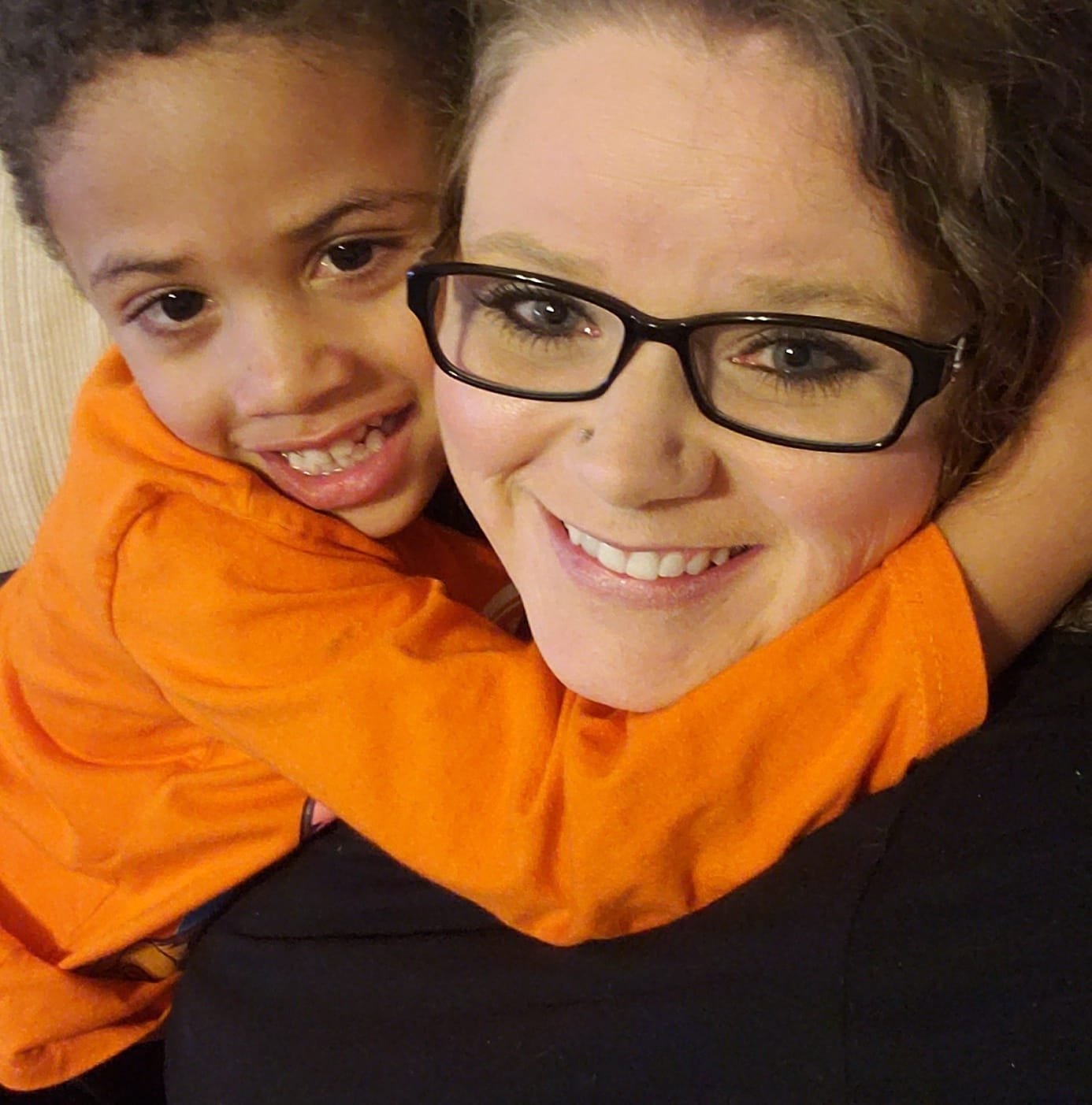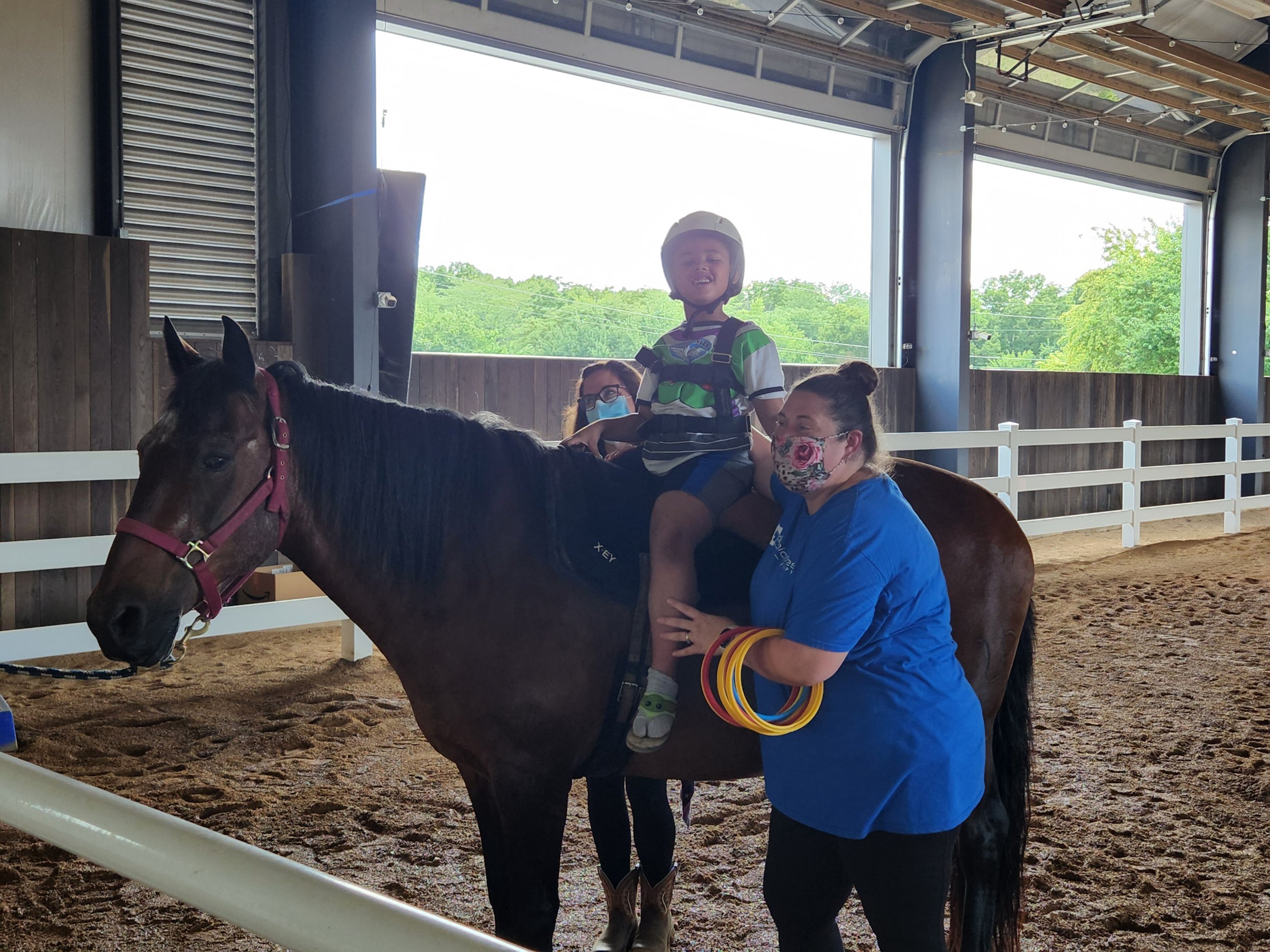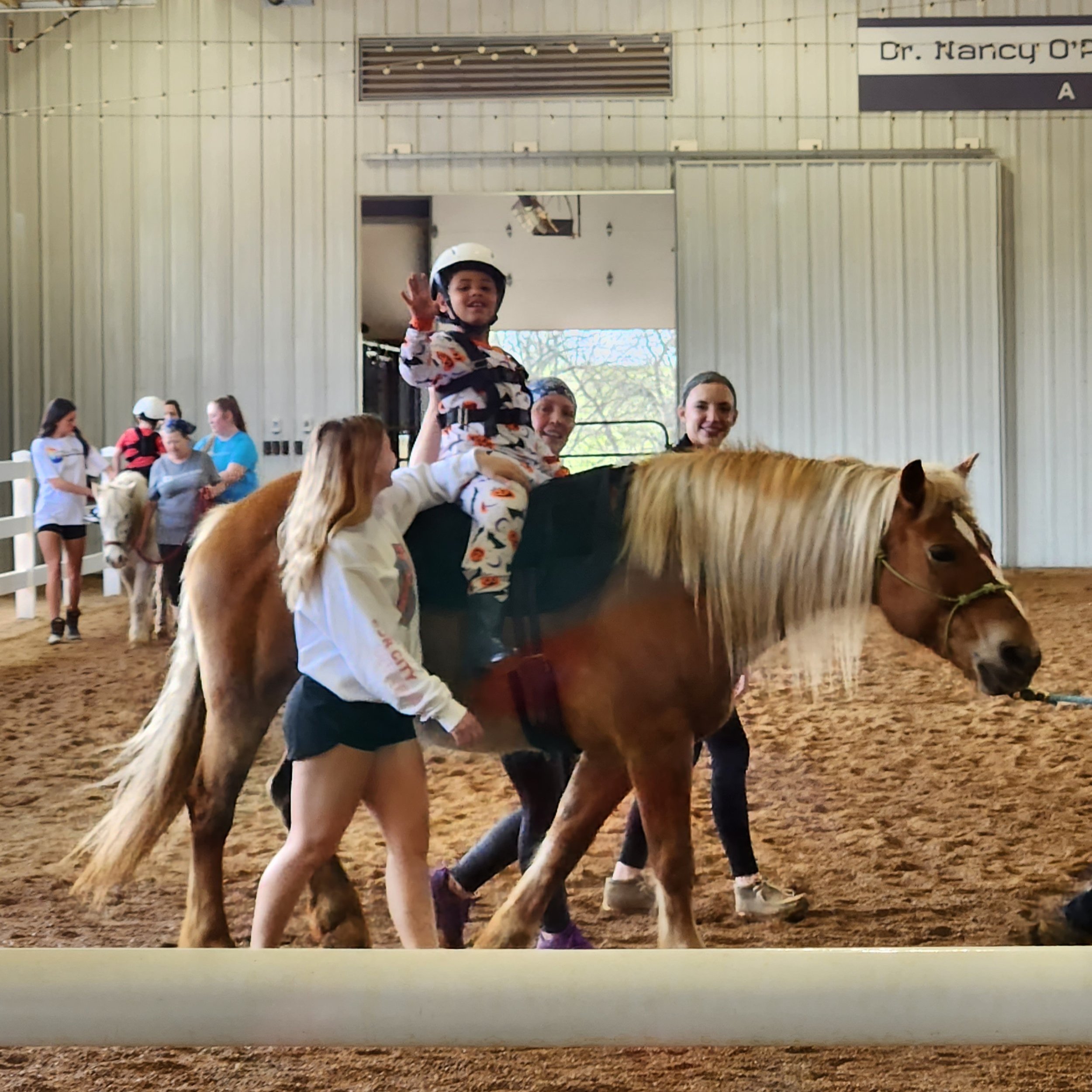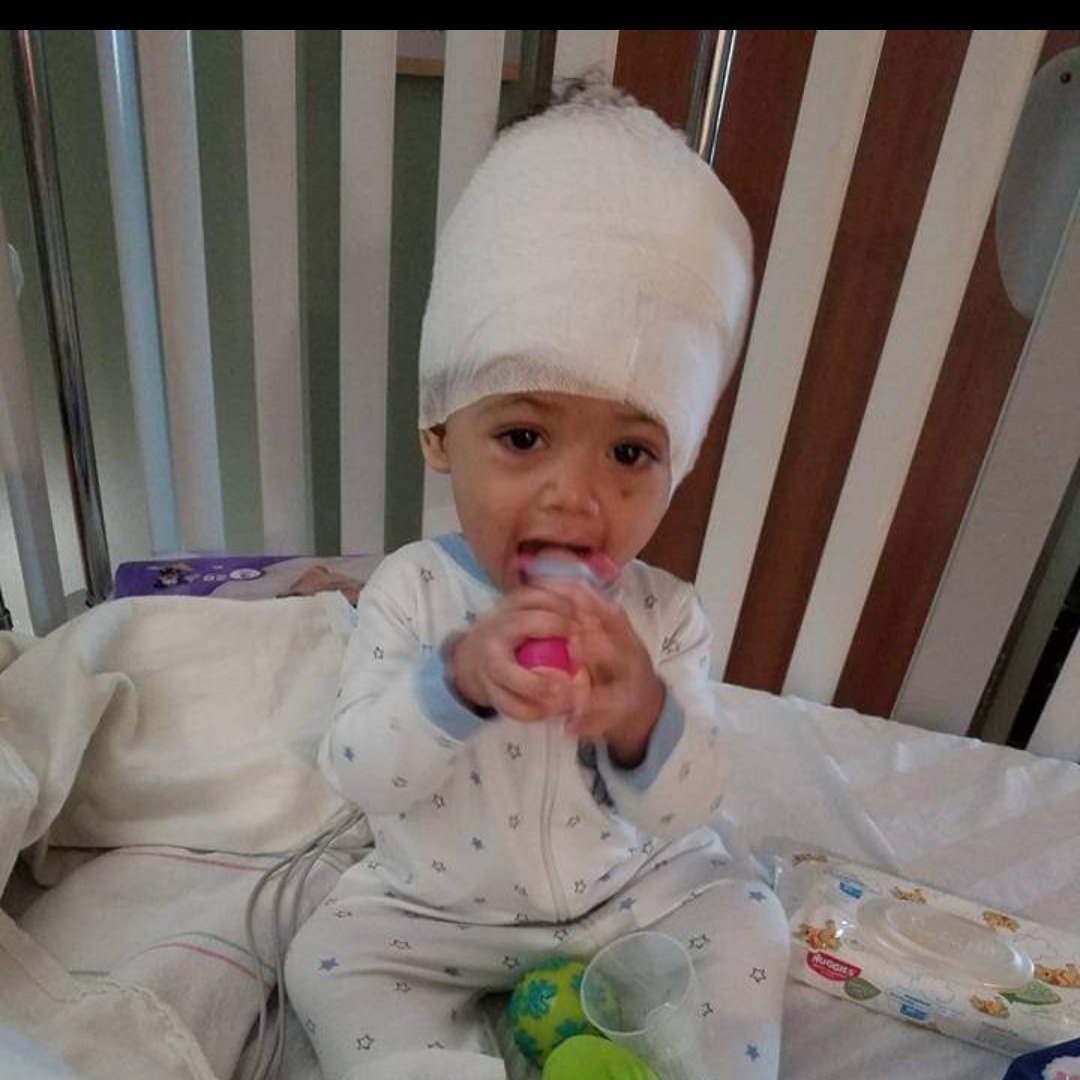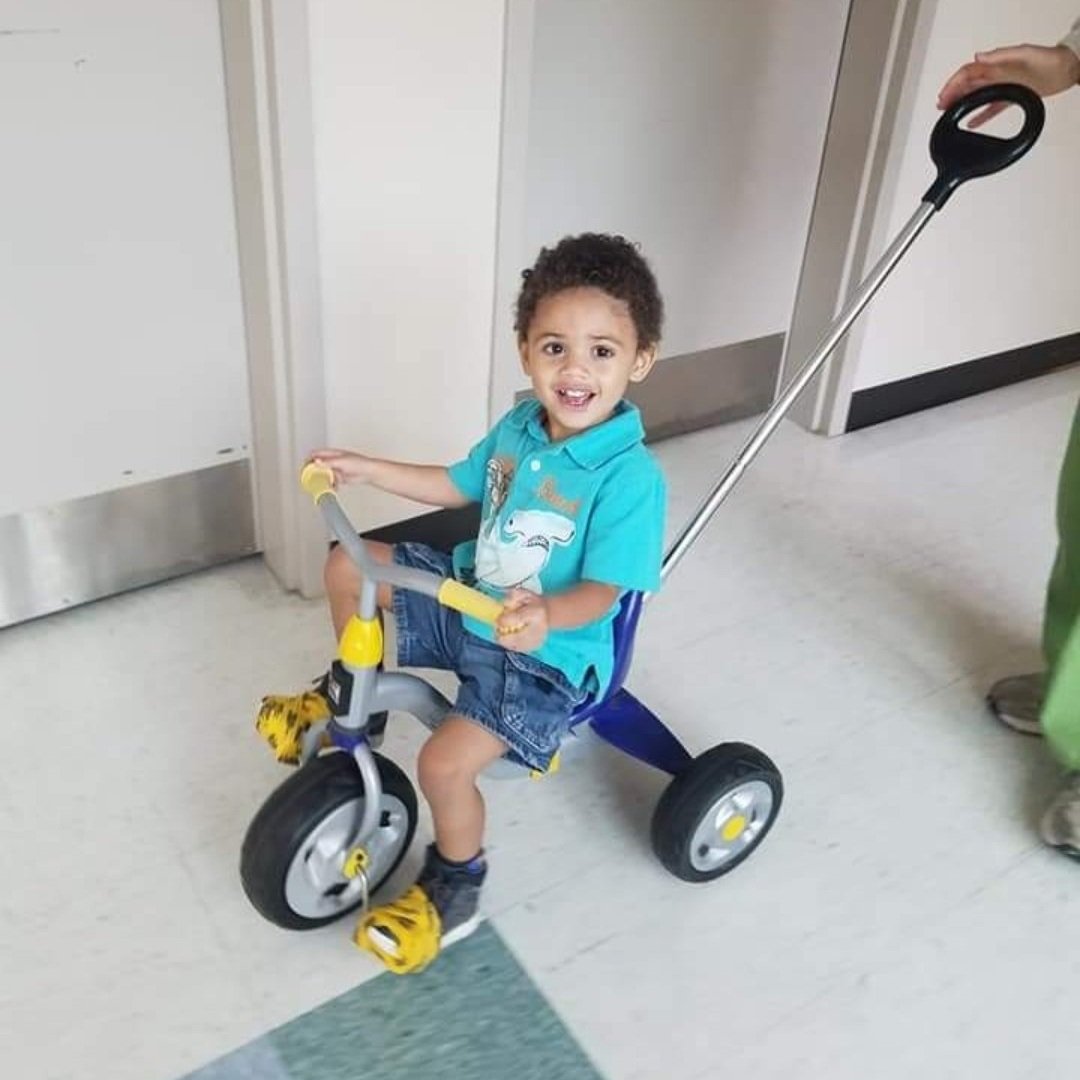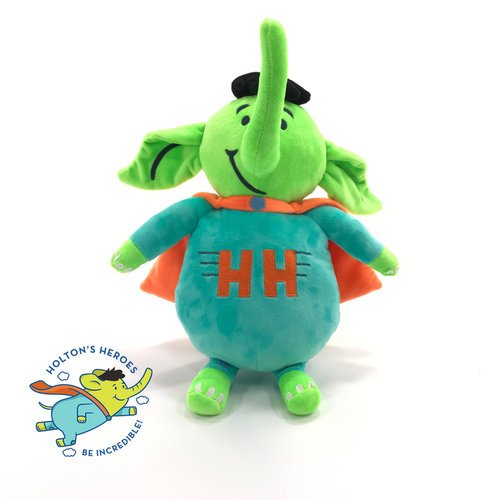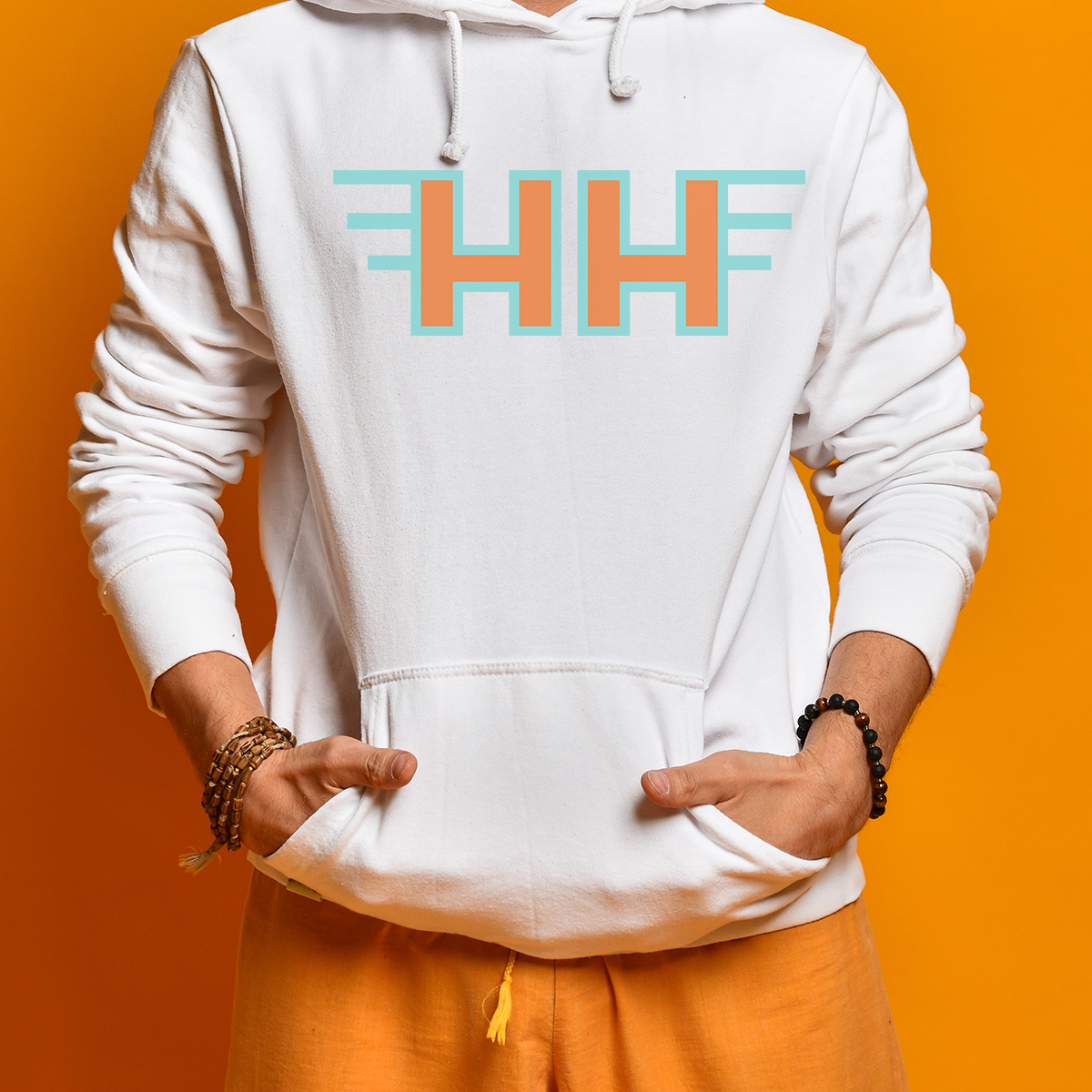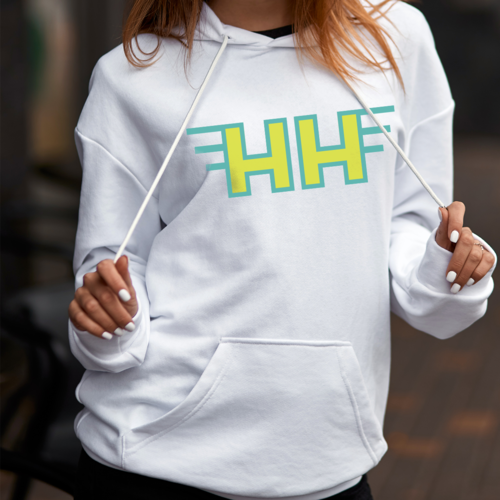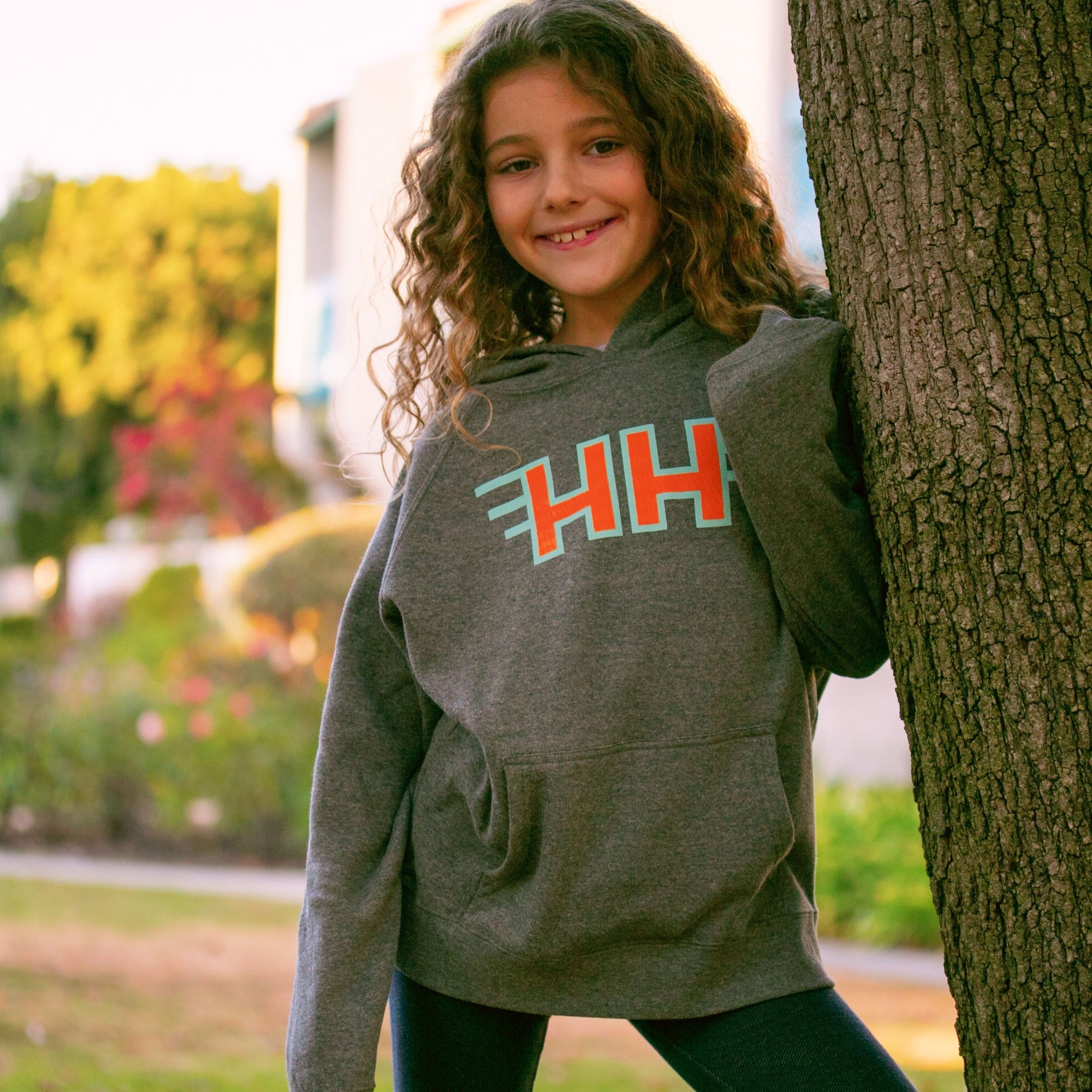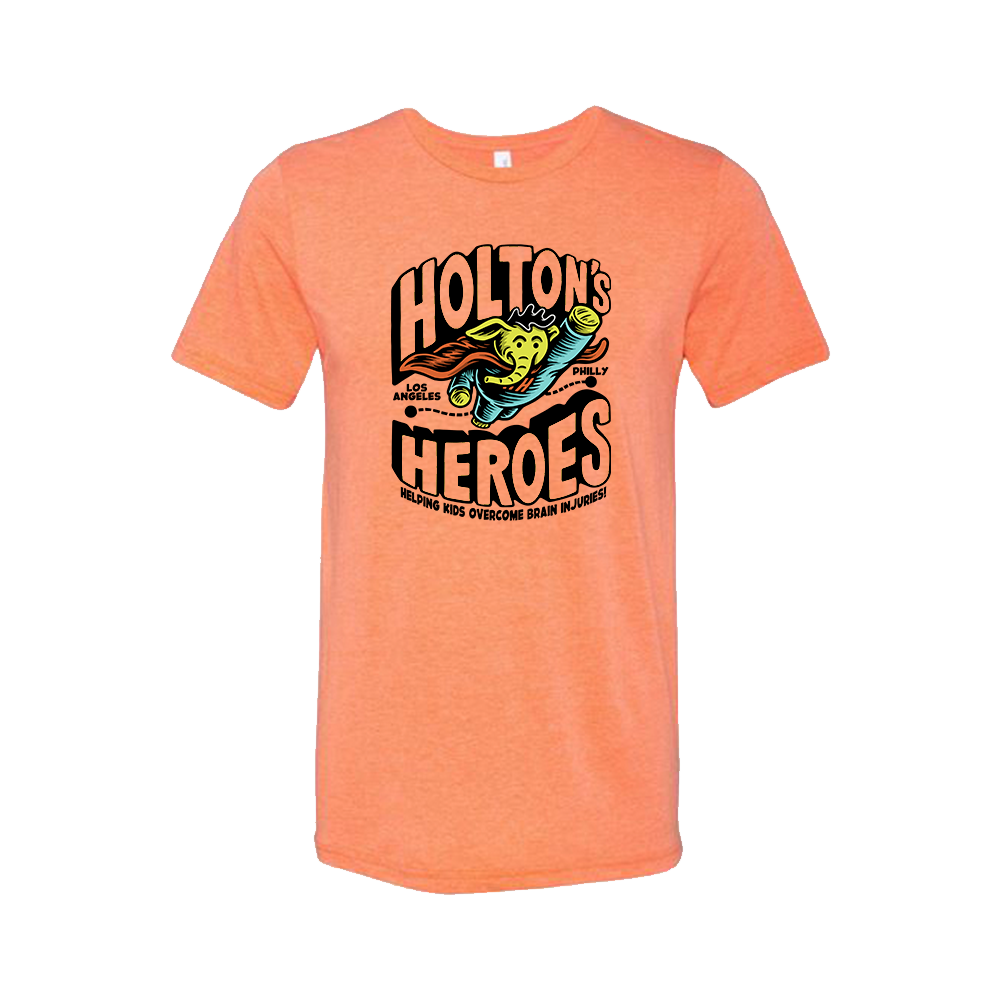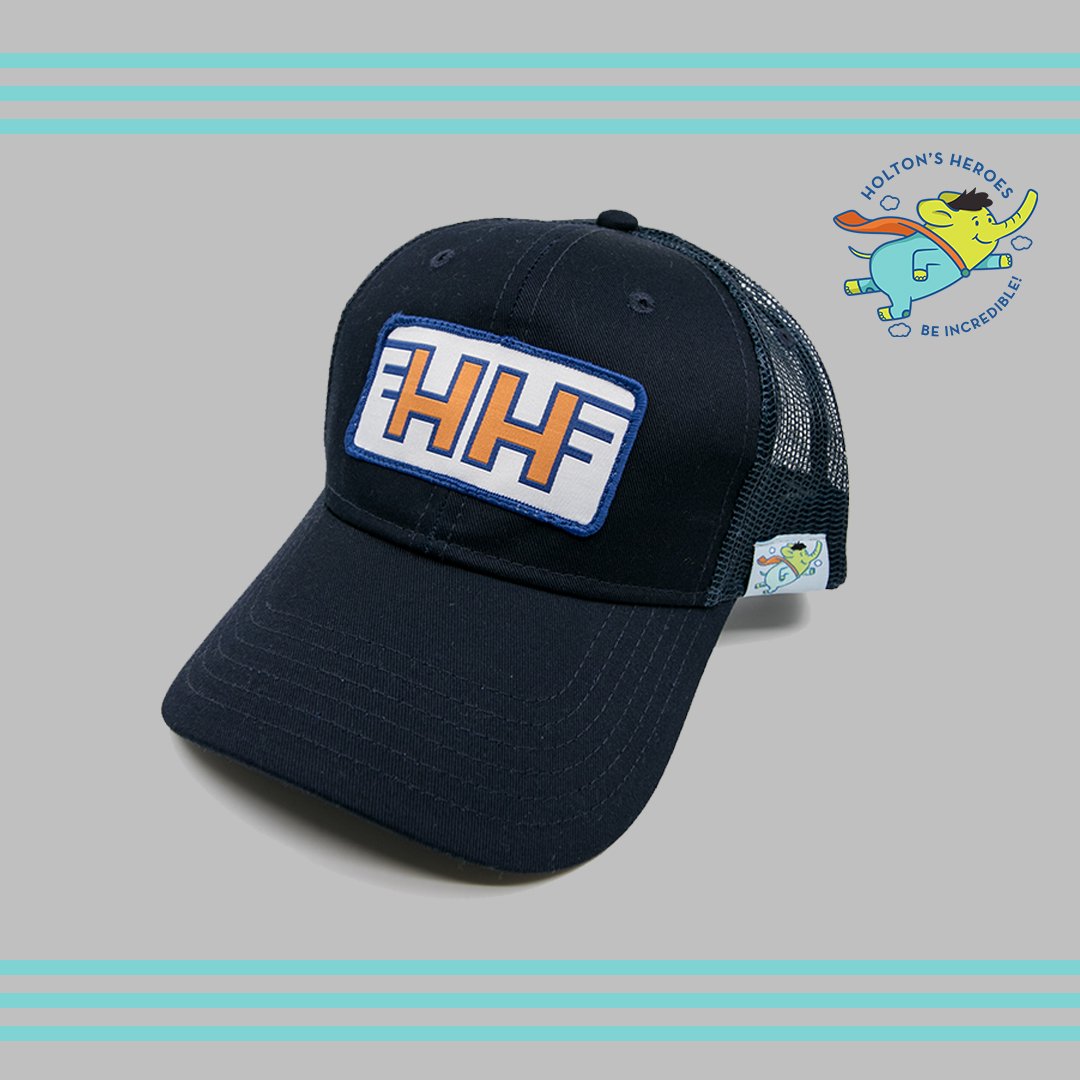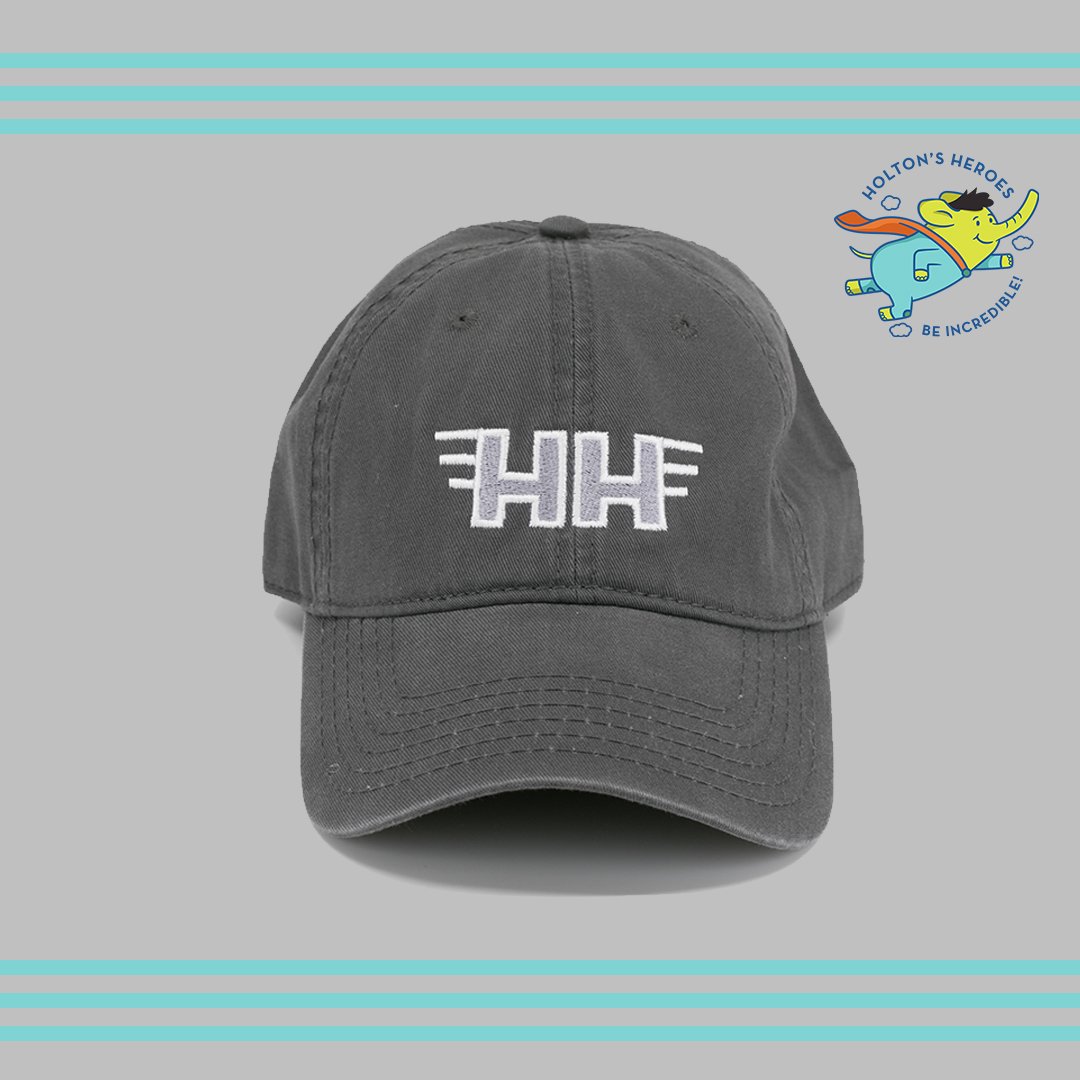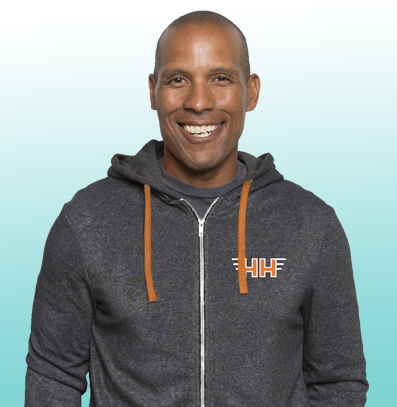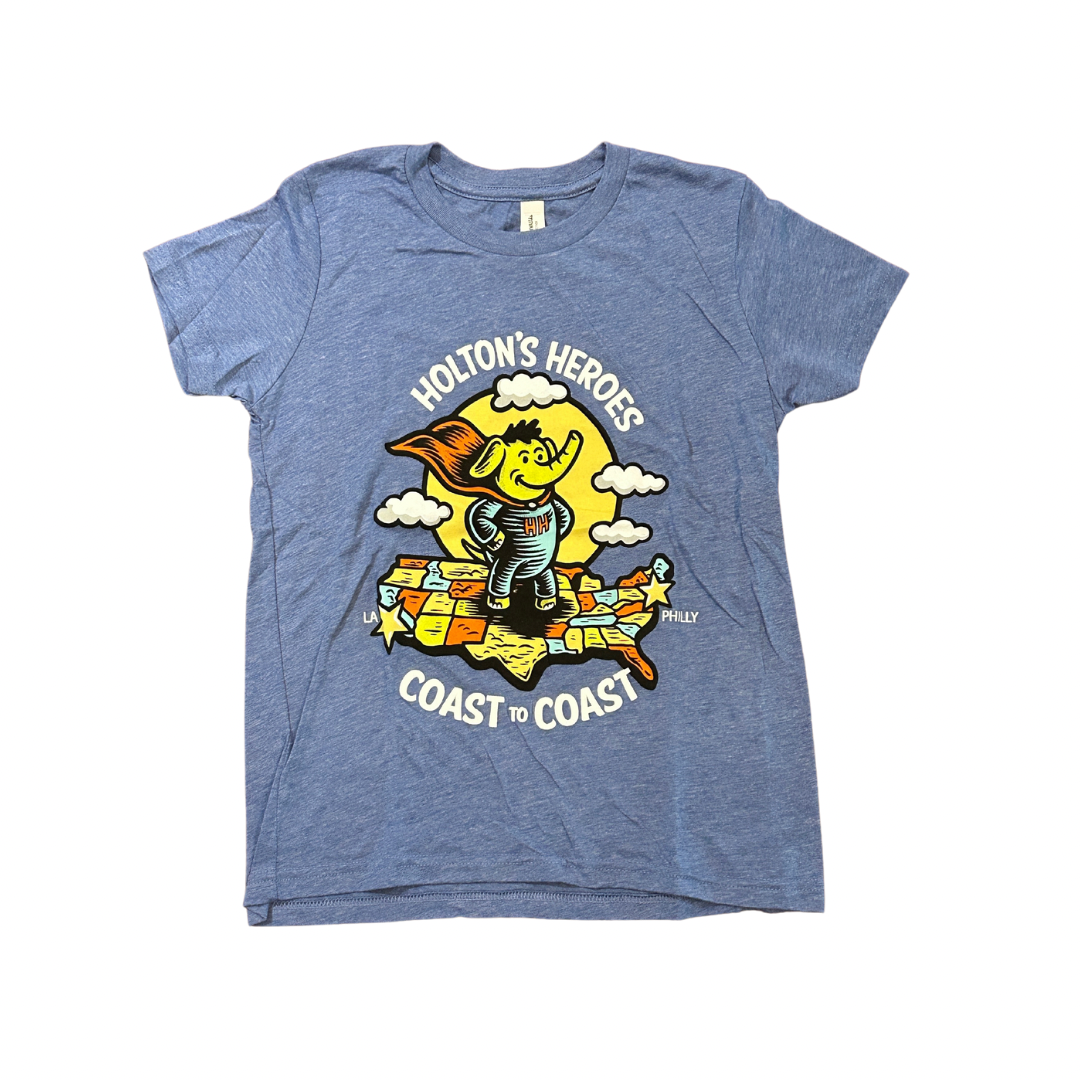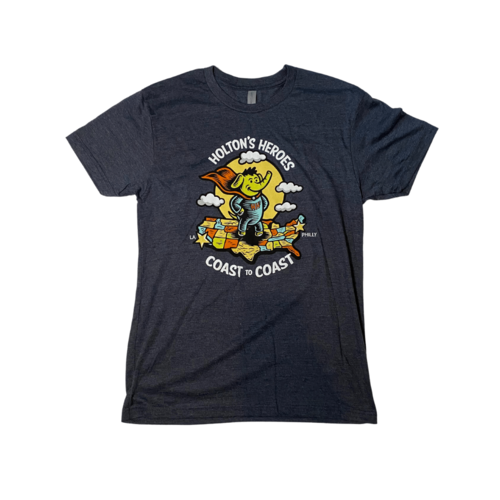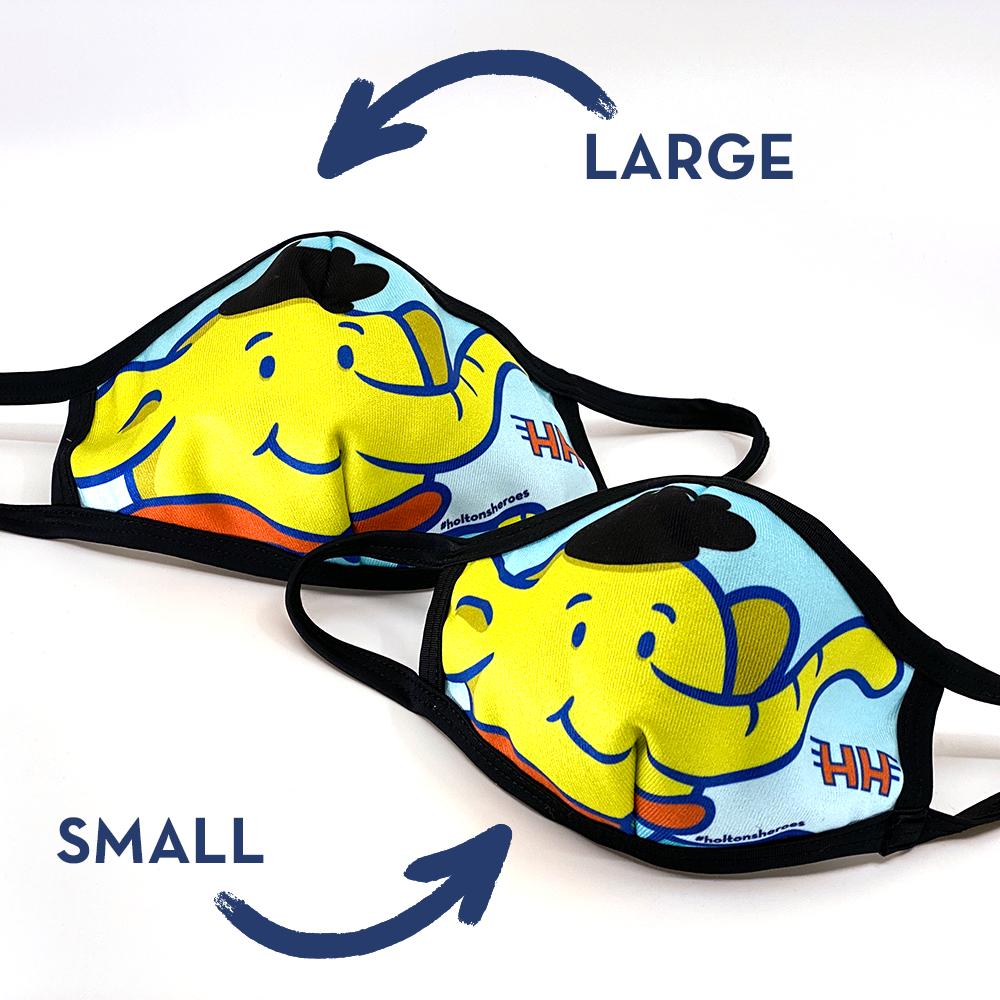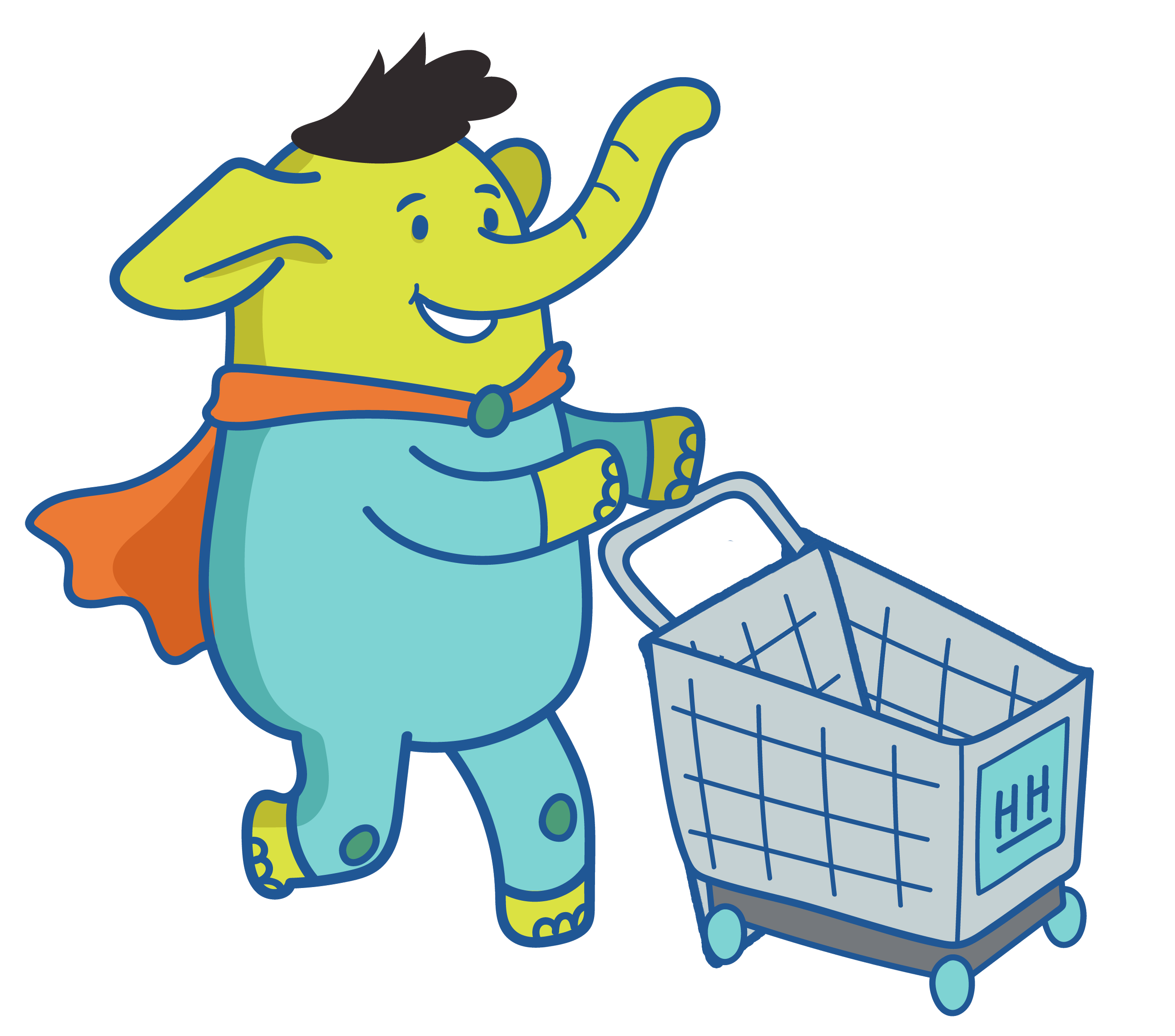Le’Kai was less than a year old when he was rushed to the hospital from his babysitter’s home after it was reported that he was struggling to breath.
“I noticed a purplish spot under his left eye and when I asked the babysitter if he had hit his head or scratched himself, she acted like she hadn’t seen the mark,” Le’Kai’s mother, Allison Faucett wrote to us. “There’s no way she couldn’t have seen it had she paid any attention to him.”
The babysitter suggested that Le”kai was “growing a birthmark,” which struck Allison as odd. She watched the mark closely over the next few days only to see it slowly disappear, disproving the babysitter’s theory. What made matters worse was that La’Kai was acting strange, as he didn’t have much of an appetite and had recently thrown up after a feeding, prompting Allison to think he might have suffered a concussion.
Allison brought her son to a local emergency room where they took an x-ray of his head and checked him out thoroughly. At the time, the doctors said there was nothing to worry about and perhaps he’s simply constipated so they prescribed a stool softener. Trusting the doctor’s advice, she took her son back home and returned to the babysitter the next day.
Two weeks after the trip to the hospital, Allison received a call from her son’s babysitter while she was at work.
“She said it was an emergency and that Le’Kai was having trouble breathing. I told her I was on my way and hung up,” Allison told us. “In the car, I called her back and asked if she thought we needed to call 911, which she thought we did, so I asked her to call them.”
When Allison arrived at the home, she found her son laying on the kitchen table with extremely labored breathing. Allison was frustrated as she feels the babysitter should’ve called 911 immediately instead of wasting so much time. Unfortunately, all of Allison’s fears came true once at the hospital.
“I felt helpless,” Allison recalled. “The doctors came in to La’Kai’s room to tell me he had a skull fracture on the left side of his head. I had no words.”
A CT scan showed that there was also blood on the brain which was very concerning.
Le’kai smiles as he takes his new adaptive bike from Rifton out for it’s first spin.
“I got to hold La’Kai while I talked with the detectives. When they left, he had a seizure in my arms as I was about to place him back in his bed. He was also not breathing well again,” Allison told us. “They had to put him on a ventilator to make sure he was getting appropriate amount of oxygen.”
After a more thorough evaluation, it was discovered that La’Kai had bilateral retinal hemorrhages in both eyes, which is a sure sign of shaken baby syndrome. Additionally, there was evidence of both old and new blood on his brain, which is typically another sign that multiple injuries have occurred over a period of time.
Shockingly, no charges were brought against the babysitter and Allison was left picking up the pieces of this unimaginable nightmare.
Now, 7 years later, La’Kai is still recovering from his injuries but he’s doing amazing and making great progress. He’s able to walk, talk and engage with people around him but he’s still struggling physically and cognitively due to the neurological damage that he suffered when he was still a toddler.
Allison reached out to us in the hopes Holton’s Heroes could help her acquire an expensive adaptive bike that insurance wouldn’t cover. La’Kai loves being outside but a typical bike with training wheels proved to not be sturdy enough for him to remain safe.
Holton’s Heroes was excited to be part of La’Kai’s recovery and funded the entire cost of the new $4,000 adaptive bike thanks to donors around the country.
As most of our readers know, pediatric brain injuries can have a profound impact on a child's physical and cognitive abilities, often affecting their motor skills and overall quality of life. However, one remarkable tool has been offering newfound freedom and rehabilitation for these young survivors - adaptive bikes. These customized bicycles not only allow children to enjoy the great outdoors like their peers but also provide numerous benefits that aid in their recovery and well-being.
For pediatric brain injury survivors, adaptive bikes play a pivotal role in physical rehabilitation. These bikes are specifically designed to accommodate a child's unique needs, ensuring their comfort and safety. By engaging in regular bike riding, these children can improve their strength, balance, coordination, and overall mobility. The gentle yet effective exercise provided by adaptive bikes helps in building muscle tone and increasing endurance, fostering physical independence and enhancing overall well-being.
The use of adaptive bikes is not limited to physical benefits alone. Researchers have discovered that cycling can also aid in cognitive development for pediatric brain injury survivors. The combination of navigating the pathways, making decisions, and maintaining focus activates the brain's neural connections, leading to improved cognitive abilities. Riding adaptive bikes helps enhance attention span, problem-solving skills, and spatial awareness in these young survivors, promoting their overall cognitive development.
We are only able to continue to help kids recovering from brain injuries with your personal support. Please consider making a tax-deductible gift directly to our foundation today. You can donate safely here.
Make sure to visit us on Instagram to see more of our heroes and other fun updates!
“I’m so excited! I can’t wiat for him to see it! Thank you so much.”
